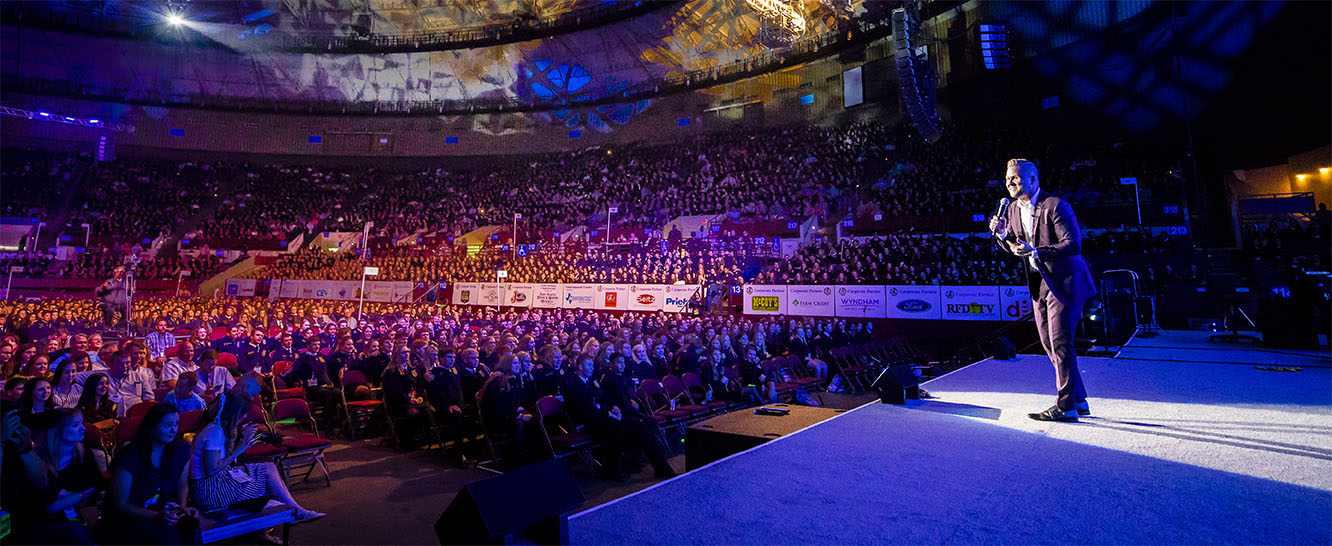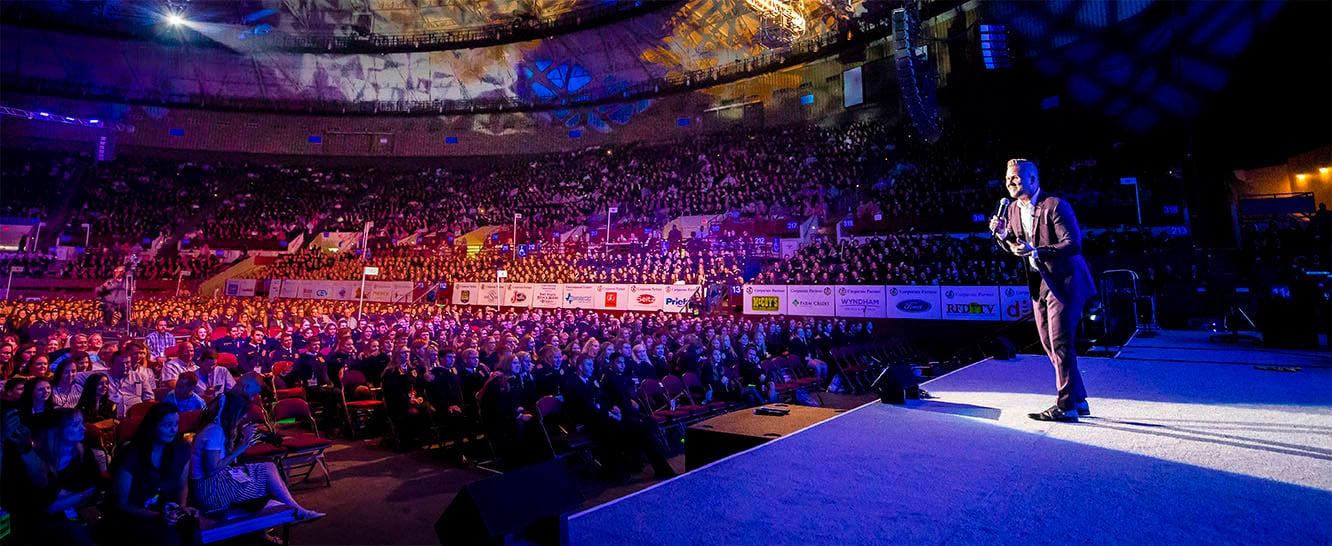Millennials are no different
One of the biggest things that I hear from business owners, CEOs and corporations is how do we retain millennials? How do we engage millennials in the workplace? The current approach has been to treat the millennial generation differently - to view them differently than older generations. I think we have put this generation of millennials and even Gen Z, in a box.
I believe that millennials are no different than the generation from 20 years before. The only thing that's changed is the environment that this generation has been reared in. Millennials are also the largest generation entering the workforce. By the year 2020, over 57% of the global workforce will be filled with a younger and more distinct workforce than ever before. Gallup recently stated that over 60% of this exact workforce is currently looking for a new job.
One of the things that businesses need to remember and consider is that millennials are people. When we bring humanity back into the workplace, and we treat millennials like people, we don't stereotype them with a name. We don't stereotype them with a certain set of behaviors or strategies because they're younger than us. Instead, we need to connect with them as people, because every person wants to be seen, heard and understood.
When we simply connect as people, not as a generation, that's where we find loyalty. That’s the foundation of connection. That's the foundation of any good, stable and healthy relationship.
We need to bring humanity back into the workplace. We need to see people for who they truly are not just seeing them as a generation.
Myths about millennials in the workplace
One big millennial myth that we found in our research with The Undercover Millennial program is that they have a greater focus on purpose over paycheck. Think Undercover Boss. We go into companies and learn how engaged their employees are, why they’re not engaged and what to do about it. What we found out of the 10,000 millennials that we interviewed is money is a major factor. Money still matters.
Yes, purpose is important - doing something significant in the world. That's still important, but so is money. I think business leaders and business owners need to remember that. They need to be competitive in their pay structure, their benefit program, their bonuses, because we're in an employee market, and millennials have options. If anybody's out there saying that millennials, don't care about money, all they want is purpose - it's just not true.
It's not true that money doesn’t matter. Don’t be afraid to talk about it. Don't be afraid to get competitive there. Because it matters. It matters to companies that are retaining millennials in the workplace. They're engaging them better, and they're able to attract better talent.
Every organization needs to remember that their employees are looking to them, as a company, to survive and thrive. As an organization, you've got to make sure that people can survive. Are you competitive in paying your people? Then focus on the thrive part - that significance in the workplace, the purpose of the job, allowing millennials in the workplace to do something bigger than themselves.
Lasting loyalty and connection
I think above all, business leaders and CEOs are learning that there is no hack to the millennial generation. There is no shortcut. There is no strategy. It all just comes down to human connection. It comes down to treating people like people, making sure people are seen, heard, and understood.
Anybody that says, “because you're this age, you should be treated this way,” or that your business leader should do a certain type of strategy or tactic because of the year that you were born in - this approach doesn’t work long term. We cannot forget that millennials are really similar to previous generations. We always have a problem with the younger generation. Gen X has a problem with the millennials, the baby boomers have a problem with Gen Xers. We tend to always look down on the younger generation as entitled.
I do think there is some validity to that sentiment in terms of growth and maturity. But again, people are people. When we throw away the stereotype, when we throw away the age, when we get to the part about them, they get to the part about you. When we remember people, people remember us.
It's basic communication. Everybody wants to feel important. Everybody wants to feel recognized. The important thing is just simply asking millennials in the workplace: ”What can we do to keep you here?” “What is getting in the way of your success?” And how can you as the business owner and the business leader, help them get where they want to go? That is true advocacy. And in doing so, you create loyalty that lasts and you create a connection where your people truly like themselves best because they work for you.
Keynote Speaker Clint Pulver talks on subjects such as Business Growth, Engagement, Performance, Collaboration and Culture. Click to see cmi's other speakers and topics.




